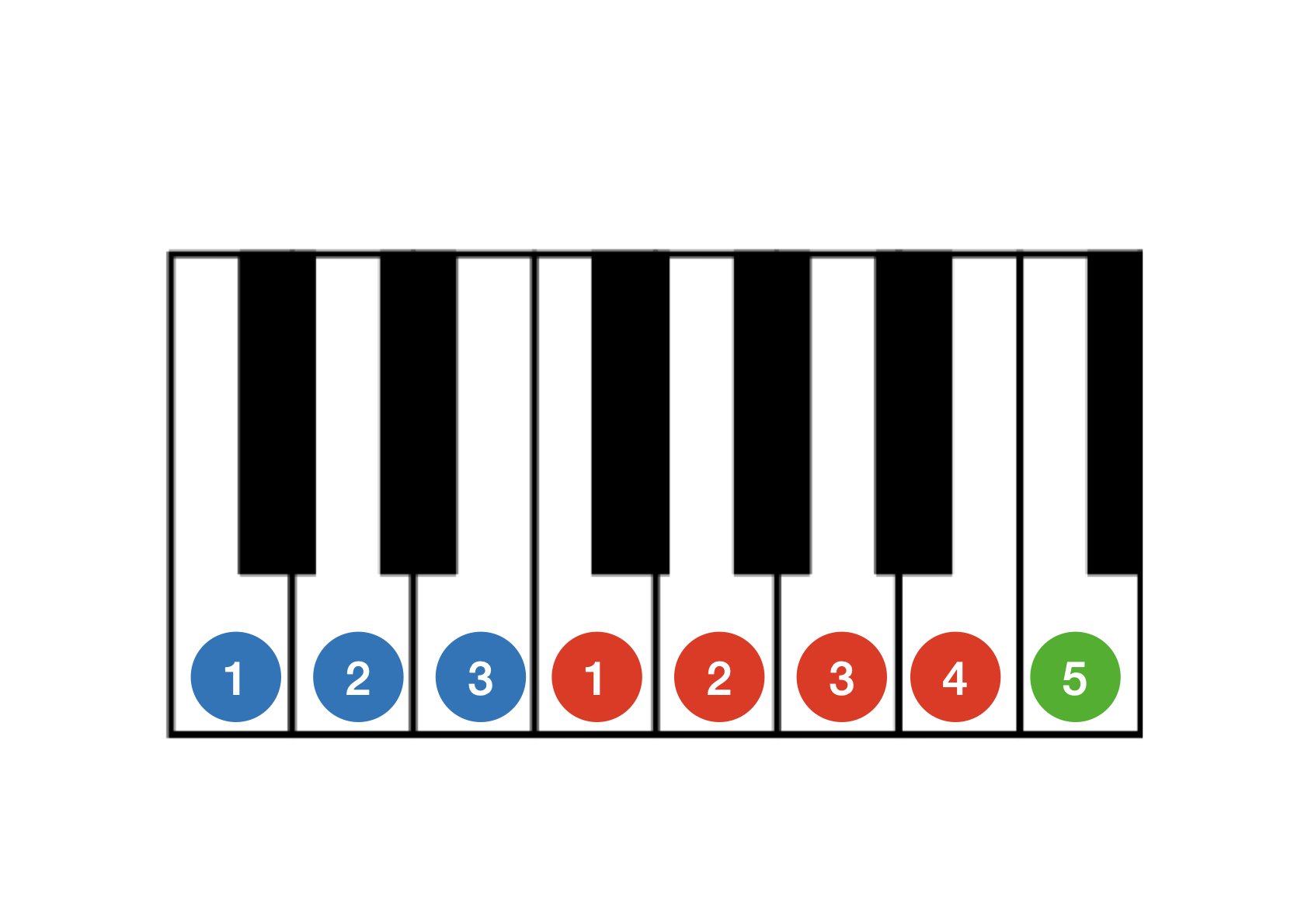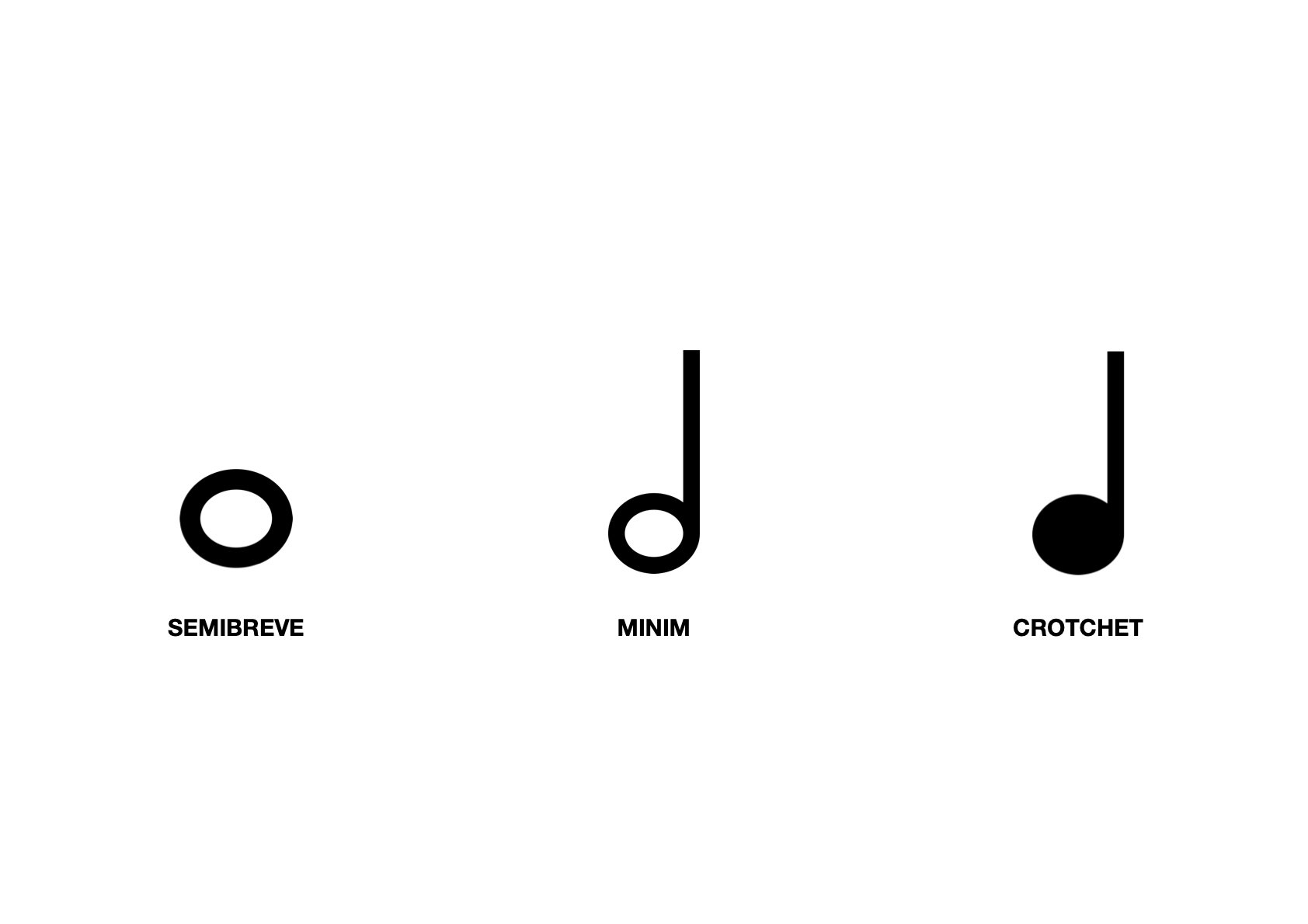Where to Get Started: Piano for Beginners
Embarking on your piano journey is an exciting adventure filled with the promise of beautiful music and personal growth. At Pinner Music Academy, we understand that starting can be overwhelming, but with the right guidance and foundational knowledge, you can make steady progress and enjoy every step of the way. This blog post offers a quick guide for new pianists, outlining essential topics covered in beginner music lessons to help you navigate your initial lessons effectively.
Body Posture
Good posture is crucial for preventing back issues and improving your playing technique. Here are key tips to ensure proper body posture:
Plant your feet firmly on the ground to provide a stable base.
Imagine a string pulling your head up, elongating your spine and keeping your back straight.
Maintain a relaxed but upright position, ensuring you do not slouch or lean forward excessively.
Hand Posture
Healthy hand positioning is vital for effective playing and avoiding strain. Follow these guidelines for proper hand posture:
Keep your arms at a 90-degree angle to the piano.
Ensure your wrists are level with the keyboard, not too high or low, to prevent tension.
Maintain a curved finger position, with fingers relaxed and ready to strike the keys.
Ear Training
Ear training is essential for connecting theoretical knowledge with sound. It helps you understand and recognise different musical elements. Beginner ear training covers:
Pitch: Identifying high and low sounds.
Notes: Recognising different notes by ear.
Intervals: Understanding the distance between two notes.
Scales: Learning the sequence of notes in various scales.
Chords: Identifying and understanding different chords.
Basic Chord Progressions
Chord progressions form the backbone of many songs. Here’s how to get started:
Begin with the C major scale and use the 1-3-5 formula to build chords.
Learn simple progressions like the 1-4-5 progression, which is foundational in many genres of music.
Finger Speed
Building finger dexterity is key to playing with speed and accuracy. Practise scales with a metronome to improve your finger speed:
Start slowly and gradually increase the tempo as you become more comfortable.
Focus on even, consistent key strikes to develop muscle memory.
Counting Semibreves, Minims, and Crotchets
Understanding musical rhythm and note values is fundamental. Begin with these basic note values:
Semibreve (Whole Note): Worth four beats. Play one note every four beats.
Minim (Half Note): Worth two beats. Play one note every two beats.
Crotchet (Quarter Note): Worth one beat. Play one note per beat.
Use a metronome to keep a steady tempo and practise counting out loud.
Why Choose Music Lessons?
Investing in music lessons offers numerous benefits:
Personalised Instruction: Tailored lessons that address your specific needs and learning pace.
Expert Guidance: Learn from experienced teachers who provide valuable insights and techniques.
Motivation and Accountability: Regular lessons help keep you motivated and accountable, ensuring consistent progress.
Interactive Learning: Enjoy a dynamic and interactive learning experience that adapts to your interests and goals.
Music lessons provide a solid foundation for your piano journey, helping you develop skills and confidence that will last a lifetime. Whether you’re a complete beginner or looking to refine your skills, music lessons offer the support and resources you need to succeed.
At Pinner Music Academy, we are dedicated to helping you achieve your musical goals. Contact us today to start your piano journey and discover the joy of making music!








